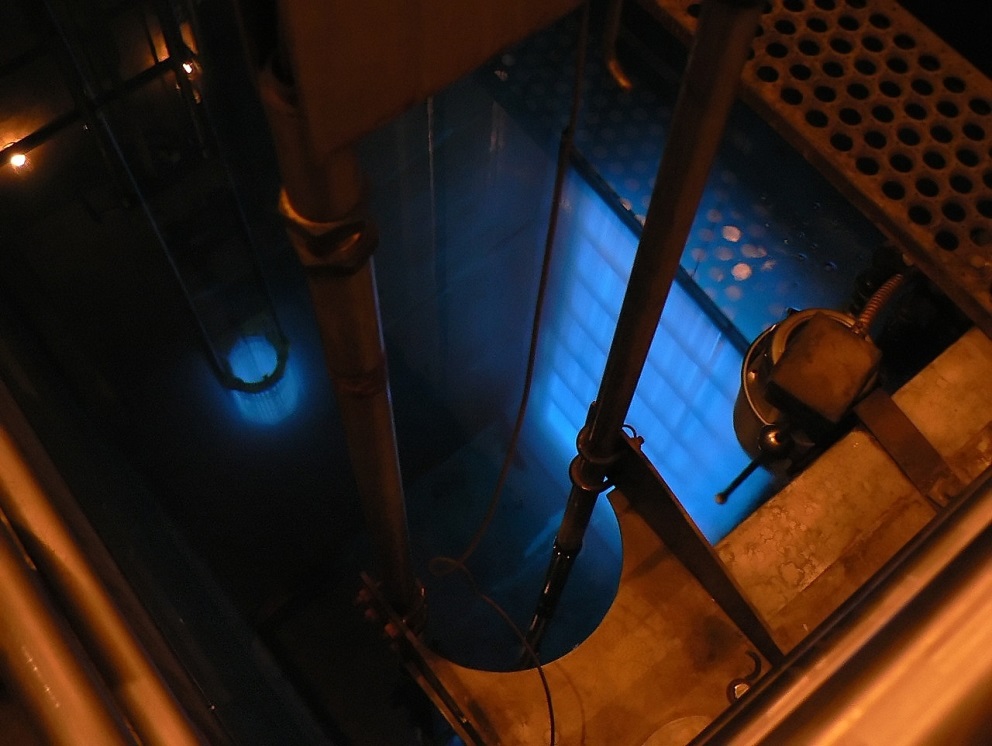Class II nuclear facilities and prescribed equipment
In Canada, Class II nuclear facilities and prescribed equipment are regulated in accordance with the Class II Nuclear Facilities and Prescribed Equipment Regulations under the Nuclear Safety and Control Act (NSCA). All Class II prescribed equipment must be certified by the CNSC before any of these devices can be used in Canada. A general overview of Class II nuclear facilities and prescribed equipment follows. More detailed information on licensing, compliance and certification of Class II prescribed equipment and nuclear facilities can be found by choosing one of the options on the left-hand menu.
For a list of documents relevant to Class II licensed facilities (including regulations, regulatory documents and forms), see the relevant documents section of the Information for Class II Licensed Facilities page.
This page contains information on:
- Class II nuclear facilities
- Prescribed equipment
- Licensing
- Radiation safety officers
- Compliance activities
- Financial guarantees

Pool-type irradiator facility
Class II Nuclear Facilities
A Class II nuclear facility includes the prescribed equipment as well as the building (or parts of the building) housing the equipment and any ancillary equipment needed for operation. The entire facility will be considered during the licensing process and activities to evaluate with requirements.
Prescribed equipment
The following prescribed equipment is regulated under the Class II Nuclear Facilities and Prescribed Equipment Regulations:

Robotic medical linear accelerator used in cancer treatment
- any irradiator that uses or contains more than 1015 Becquerels of a nuclear substance
- any irradiator that requires a shielded enclosure (that is not part of the irradiator itself) and that can deliver a dose of radiation in excess of 1 cGy/min at a distance of 1 m
- any radioactive-source teletherapy machine
- any particle accelerator capable of producing nuclear energy and that has a beam energy of less than 50 megaelectron-volts (MeV) for beams of particles with a mass less than or equal to 4 amu
- any particle accelerator that is capable of producing nuclear energy and has a beam energy of less than 15 MeV for beams of particles with a mass greater than 4 amu
- any brachytherapy remote afterloader
Following a review of the Class II Nuclear Facilities and Prescribed Equipment Regulations and policies for accelerators in 2013, the CNSC changed its policy for regulating electron particle accelerators. The CNSC now exercises its regulatory authority over all electron particle accelerators capable of beam energies of 1 MeV or greater.
View the certification requirements of Class II prescribed equipment.
View the current list of CNSC certified Class II prescribed equipment
Some examples of Class II prescribed equipment are shown below.

Medical linear accelerator at a Canadian cancer centre

Portal imager for scanning cargo

Cyclotron used for producing medical isotopes
Licensing
In Canada, activities relating to Class II facilities must be licensed by the CNSC. This includes construction, operation and decommissioning.
The servicing of prescribed equipment is also a licensed activity in Canada. Servicing is defined as any maintenance of the equipment, including installation, repair or dismantling, other than routine operation procedures as indicated in the manufacturer's operating manual for the equipment, or as authorized in the licence issued for possession or use of the equipment. If you wish to perform servicing activities in Canada, you must obtain the proper licence to service from the CNSC.
Read more about licensing for Class II nuclear facilities and prescribed equipment.
View the current list of CNSC licensed Class II nuclear facilities and prescribed equipment.
Radiation safety officers
All licensees that operate Class II nuclear facilities or that service Class II prescribed equipment must have a certified radiation safety officer (RSO) and also designate, in writing, a qualified temporary replacement. The person occupying the position of RSO is responsible for ensuring that licensed activities are conducted safely and that all regulatory expectations are met.
There are two components to the certification process:
- assessment of the candidate’s qualifications to perform the duties of the position, based on the submitted application
- assessment of the candidate’s knowledge, based on an examination
If the candidate is able to clearly demonstrate to the CNSC their knowledge, as it relates to the RSO position within their organization, the Commission or a designated officer authorized by the Commission will certify the candidate in the position of RSO. The process for certification of Class II RSOs, along with guidance for applicants, is outlined in REGDOC-2.2.3, Personnel Certification.
For more information on the certification of radiation safety officers, contact the CNSC or your CNSC project officer.
Compliance activities
The CNSC has a number of tools at its disposal to ensure that licensees are in compliance with the Act, regulations, and their licence conditions. Read more about compliance activities for Class II nuclear facilities and prescribed equipment.

Hot cell used in the production of medical isotopes
Financial guarantees
All licensees are responsible for safely carrying out the nuclear activities authorized under their licences, from the issuance of the licence up to and including safe termination of the licensed activities. A financial guarantee ensures there are funds available for the safe termination of licensed activities if the licensee is unable to carry this out. Since 2015, licensees possessing > 50 MBq of most nuclear substances and/or operating certain Class II prescribed equipment are required to provide a financial guarantee to the CNSC.
Read more about financial guarantees for class II facilities and prescribed equipment
Related links
Page details
- Date modified: